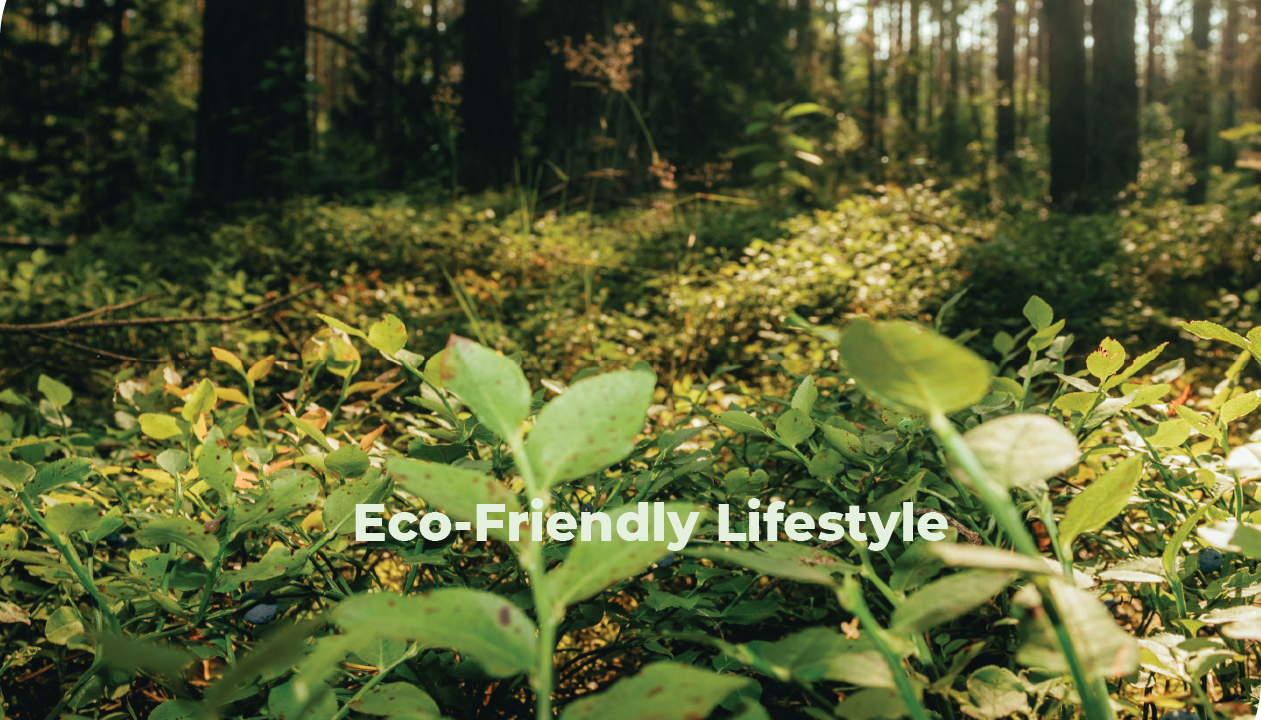Living an eco-friendly lifestyle and integrating plants into your daily life can have a profound impact on the environment and your personal well-being. Plants play a crucial role in supporting sustainable living, and their benefits extend far beyond just aesthetic appeal. Here’s a look at the symbiotic relationship between plants and an eco-friendly lifestyle, and how embracing both can lead to a healthier planet and a happier you.
1. Improving Air Quality
One of the most significant benefits of incorporating plants into your living space is their ability to improve air quality. Plants naturally filter the air by absorbing pollutants and releasing oxygen. Common indoor plants like spider plants, snake plants, and peace lilies are particularly effective at removing toxins such as formaldehyde, benzene, and trichloroethylene from the air.
Eco-Friendly Impact: By improving indoor air quality, plants reduce the need for air purifiers and other electronic devices that consume energy. This contributes to lower energy consumption and a reduction in greenhouse gas emissions.
2. Reducing Carbon Footprint
Plants absorb carbon dioxide (CO2) during photosynthesis, helping to reduce the amount of this greenhouse gas in the atmosphere. This process is essential for mitigating the effects of climate change.
Eco-Friendly Impact: Planting trees and maintaining green spaces in urban areas can significantly offset carbon emissions from vehicles and industrial activities. On a smaller scale, having plants at home contributes to carbon sequestration, helping to lower your personal carbon footprint.
3. Supporting Biodiversity
Creating green spaces and cultivating plants can support local biodiversity by providing habitats for various species of insects, birds, and other wildlife. A diverse ecosystem is crucial for maintaining balance and resilience in nature.
Eco-Friendly Impact: By encouraging biodiversity, plants help maintain ecosystem health and stability. This can lead to more sustainable agricultural practices and a reduction in the need for chemical pesticides and fertilizers, which can harm the environment.
4. Promoting Sustainable Food Practices
Growing your own fruits, vegetables, and herbs is a sustainable practice that reduces reliance on industrial agriculture, which often involves high levels of chemical inputs and transportation emissions.
Eco-Friendly Impact: Home gardening reduces the demand for commercially grown produce, which often requires significant water, pesticides, and fossil fuels for transportation. By cultivating your own food, you can enjoy fresh, organic produce and contribute to a reduction in overall environmental impact.
5. Conserving Water
Certain plants, such as succulents and native species, require minimal watering and can thrive in drought-prone areas. Using these types of plants in landscaping can significantly reduce water usage.
Eco-Friendly Impact: Water conservation is a critical component of an eco-friendly lifestyle. By choosing drought-resistant plants, you can minimize the need for irrigation and contribute to the preservation of this vital resource.
6. Enhancing Mental and Physical Well-Being
Plants have been shown to have numerous benefits for mental and physical health. Exposure to green spaces can reduce stress, improve mood, and enhance cognitive function. Additionally, the act of gardening itself can be a form of physical exercise, promoting overall well-being.
Eco-Friendly Impact: A healthier population places fewer demands on healthcare systems and reduces the environmental footprint associated with medical treatment and pharmaceutical production. Furthermore, the mental health benefits of nature exposure can foster a deeper connection to the environment, motivating individuals to adopt more sustainable practices.
7. Inspiring Eco-Friendly Behaviors
Having plants in your home and community can inspire eco-friendly behaviors and a greater appreciation for nature. This increased awareness can lead to more sustainable choices in other areas of life, such as recycling, reducing plastic use, and conserving energy.
Eco-Friendly Impact: Plants serve as a constant reminder of the importance of nature and sustainability. This inspiration can drive broader environmental initiatives and community efforts towards greener living.
Integrating plants into your daily life is a powerful way to enhance your eco-friendly lifestyle. The benefits of plants extend far beyond their aesthetic value, contributing to improved air quality, reduced carbon footprint, biodiversity support, sustainable food practices, water conservation, and overall well-being. By embracing the symbiotic relationship between plants and sustainable living, you can make a significant impact on the environment and promote a healthier, more sustainable future for all. Start small by adding a few plants to your home or garden, and watch as they transform your space and inspire eco-friendly habits.



